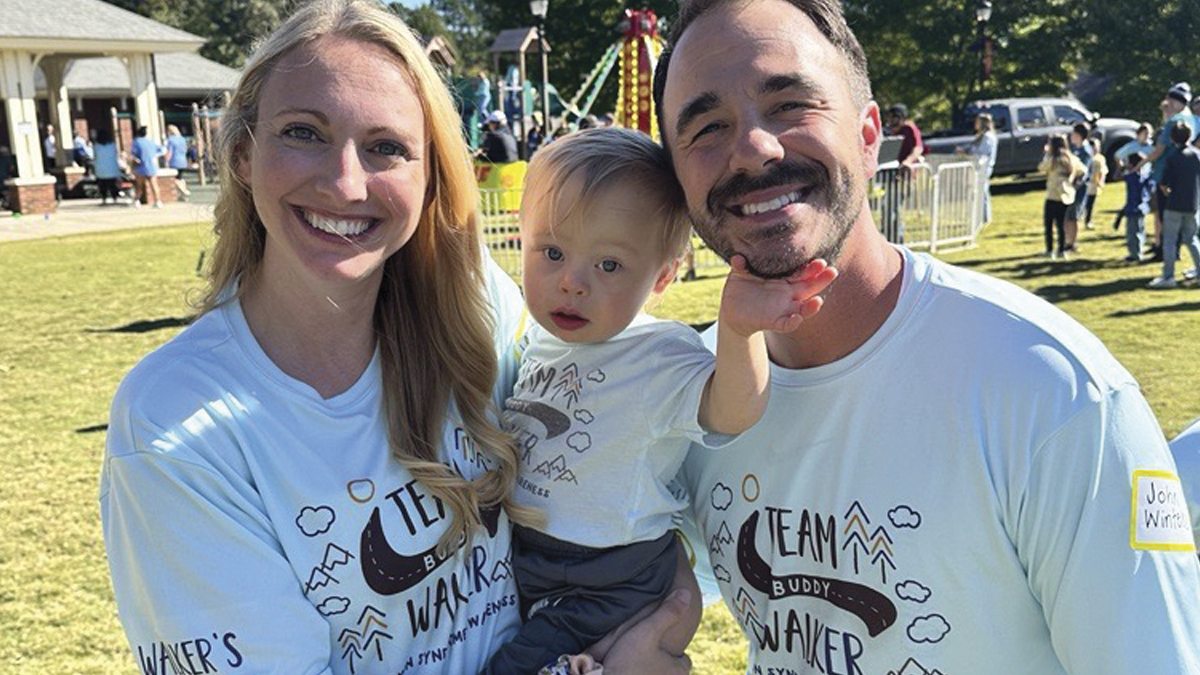If we could all set realistic goals, stick to them and learn the art of patient and diligent effort, we would likely all be at our ideal weight, be devoid of chronic health issues, manage stress well and have our dream job. But achieving this self-made utopia is unrealistic at best – otherwise we would already be there.
For big life improvements, having a knowledgeable and effective support system is often integral to success. Enter your new health coach, a certified partner who not only helps you find the right path to achieve your goals but cheers you along at every step and encourages you to get back up when you fall. While the self-made utopia might seem out of reach, there is a growing demand for these trusted tour guides on the road to better health.
Health coaches are different than physicians, personal trainers or dietitians. Though they often work alongside these health care providers when a patient’s needs require it, a health coach takes a more holistic approach.
“A health coach plays a supportive, client-centered role,” said Kaitlin DaPore, director of the Health and Wellness Coaching program at the Medical University of South Carolina. “Coaching is a collaborative process that empowers clients to take the lead in their health journey, focusing on sustainable, forward-thinking strategies to enhance well-being across multiple dimensions. Rather than offering temporary solutions, a health coach helps clients set meaningful goals and implement lasting lifestyle changes that align with their unique needs and aspirations.”
Clients can expect health coaches to help them set achievable goals and provide accountability along the way. Whether progress is steady or a plateau occurs, the health coach remains a consistent source of support. “This isn’t a quick fix or 30-day program that many of us have grown accustomed to seeing in popular health and wellness marketing. Instead, we focus on gradual, meaningful changes that fit into your real life, while offering the resources and guidance needed to achieve sustainable success,” DaPore said.
Health coaches are trained to support clients comprehensively, while some may develop specialized expertise. “We take a holistic approach, using the well-being wheel as a guide, which considers physical, emotional, spiritual, financial and occupational health, among other dimensions,” DaPore continued. “While board-certified health coaches are broadly trained, many focus on specific populations or key areas of concern. For example, I frequently work with postpartum and perimenopausal women, addressing unique challenges such as hormone fluctuations, stress management and balancing career with family life.”
Even with the niche specialties, the various dimensions of the well-being wheel are interconnected. “For instance, a client might come to me with a weight loss goal – one of the most common concerns I see. However, that weight is often influenced by factors like sleep quality or challenges with stress management. By identifying these underlying connections, we can create specific, measurable opportunities for meaningful change,” she said.
One of DaPore’s favorite parts of her job is seeing someone transform in a positive way and seeing how the changes affect not only the client but their family as well. “Sometimes there are changes they’ve never anticipated; with weight loss, for example, they might be able to get off certain medications, no longer need a CPAP or be able to keep up with their grandchildren. It’s truly exciting to see the transformation.”
Though they are not medical doctors, health coaches are trained to look for red flags in a client’s health that indicate the need for medical attention. It’s a role that is rapidly gaining popularity, as more than half of U.S. adults ranked fitness and physical health as top priorities for improvement in 2024, according to the MUSC Health and Wellness Institute. MUSC also anticipates the global market for health coaches to nearly double by 2032.
To prepare for the demand, the Health and Wellness Institute is collaborating with MUSC’s College of Health Professions to launch a National Board-Certified Health and Wellness Coach Training and Education program. As the first of its kind in the state, it is sanctioned by the National Board for Health & Wellness Coaching, which DaPore said is the gold standard certification for health coaches.
The first cohort for the program will launch in January 2025 and is open to anyone with a bachelor’s degree. A background in medical-related work or study is not required, since the five-month comprehensive curriculum is designed to equip individuals with the knowledge and practical skills needed to become competent and compassionate health coaches.
Ultimately, for anyone in need of a health coach, DaPore stressed the importance of taking the time and effort to find an NBHWC-certified health coach who is right for you. “Be a savvy customer; find someone who resonates with you, and be open to the process of behavior change,” she recommended. “It’s not a quick fix, but a coach is there to support you and help you accomplish these lifestyle changes. It’s truly rewarding for the patients, their families and for their health coach, too.”
By Anne Toole







